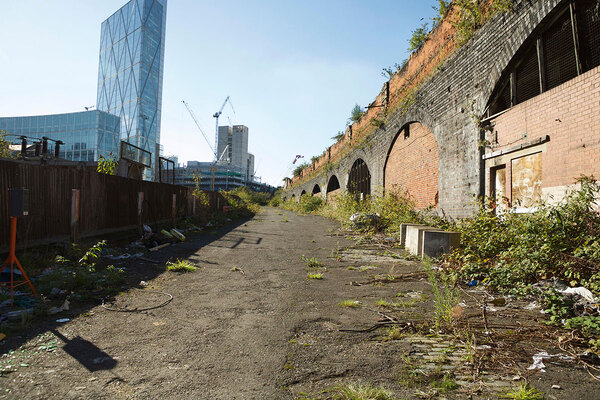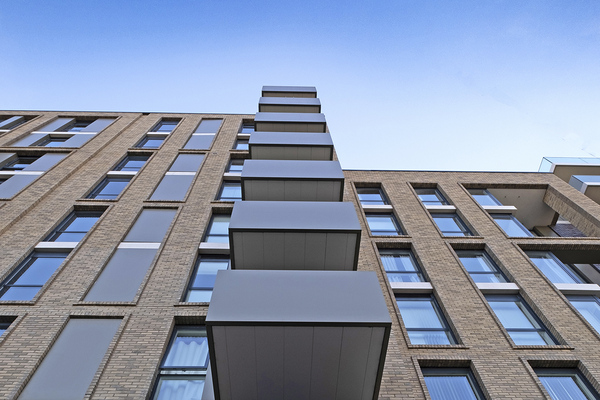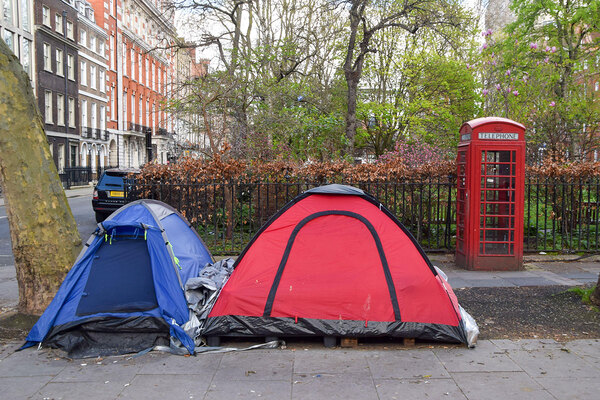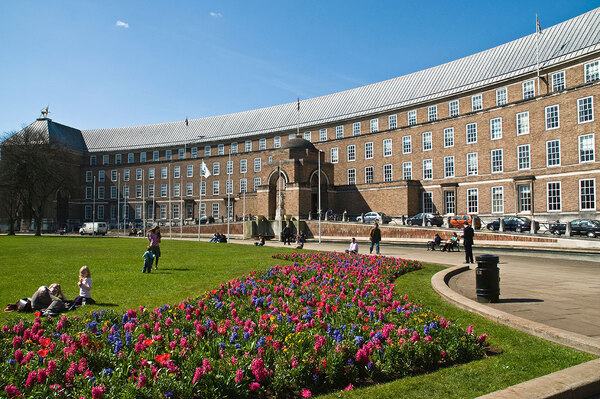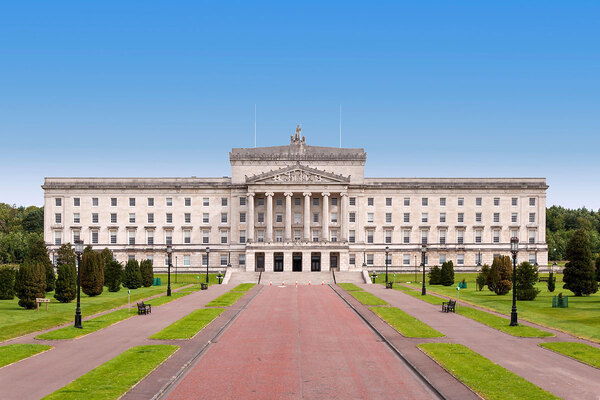It’s Scottish Housing Day, and the focus is on housing and the climate emergency
As #ScottishHousingDay focuses minds on housing and the climate emergency, Ashley Campbell considers the task ahead in raising awareness of the changes that will be needed to all our homes
It would be safe to say that the climate emergency is at the forefront of public consciousness. Stories of extreme weather and climate demonstrations make the headlines every week. People are adapting to greener ways of living – whether that’s demanding less plastic packaging, greater awareness of the damage caused by fast fashion or increasing focus on green transport.
“We must ensure that the cost of reaching net-zero emissions does not get passed on to-low income households, increasing the risk of poverty”
We know that people in the UK are generally supportive of tackling climate change. A survey published by Climate Outreach in 2020 showed that, as a priority, climate change was second only to Brexit. Concern about climate change has doubled in the last four years, with 40% of people indicating they were very or extremely worried about climate change and 75% supporting the use of public money to prepare the UK for climate risks.
Everyone who works in the housing sector is well aware of the challenges ahead in ensuring that homes are more energy efficient, and many are busy planning how to make the monumental shift to renewable heating and energy. In Scotland, we have a statutory target to reach net-zero emissions by 2045. This means that at least one million homes across all tenures will need to be upgraded to a minimum of energy performance certificate (EPC) grade C and that most homes will need to be using low- or zero-carbon heating systems.
“Has anyone outside of the housing profession even heard of a ground-source heat pump?”
But how much does the general public know about housing and carbon emissions, and how we’ll all be expected to contribute to meeting net zero? Do people know how much it would cost to install a renewable heating system in their home and has anyone outside of the housing profession even heard of a ground-source heat pump?
In order to better understand how much people know about the climate emergency in relation to housing, the Scottish Housing Day partners commissioned a poll of 1,000 adults living in different housing tenures across Scotland. We asked them what they knew about Scottish government targets, about the condition of their own home and whether home owners had considered carrying out improvements.
While the majority of people across all tenures (69%) said they were aware of the Scottish government’s plans to reach net-zero emissions by 2045, far fewer people seemed to know what this might mean in practice.
Only 18% of people said they knew what the EPC rating of their home was, which suggests it would be difficult for the remaining 82% to have an accurate idea of whether their home might need to be upgraded or what work might be involved.
Just under half (49%) disagreed or strongly disagreed with the statement that energy efficiency was an important factor in choosing their current home – an indication that we need to do more to encourage people to value energy efficiency as much as (if not more than) a nice kitchen and bathroom.
On the topic of cost, 82% of people think that the Scottish government should cover at least some of the cost of improving homes; 34% think all costs should be covered. This is perhaps the most important point from the survey, showing a clear gap between expectations and reality.
While it would be wrong to assume that the Scottish government can or should foot the bill for improvements to all homes – which will run into tens of billions of pounds – we don’t yet know how much financial support will be on offer or who will be able to access it. We must ensure that the cost of reaching net-zero emissions does not get passed on to low-income households, increasing the risk of poverty.
It’s clear from our research that we need to have an open discussion about housing in relation to the climate emergency and how, as a society, we will meet the challenge.
Home owners and landlords need to be aware of expectations around minimum energy efficiency and have access to advice and information to help them make informed decisions. Tenants need to be kept up to date with planned changes to their homes and how that might change the way they use energy.
Scottish Housing Day has provided a platform to start the discussions and COP26 being hosted in Glasgow in just a few weeks provides a unique opportunity to keep that conversation going. You can join in on social media using the hashtag #ScottishHousingDay.






